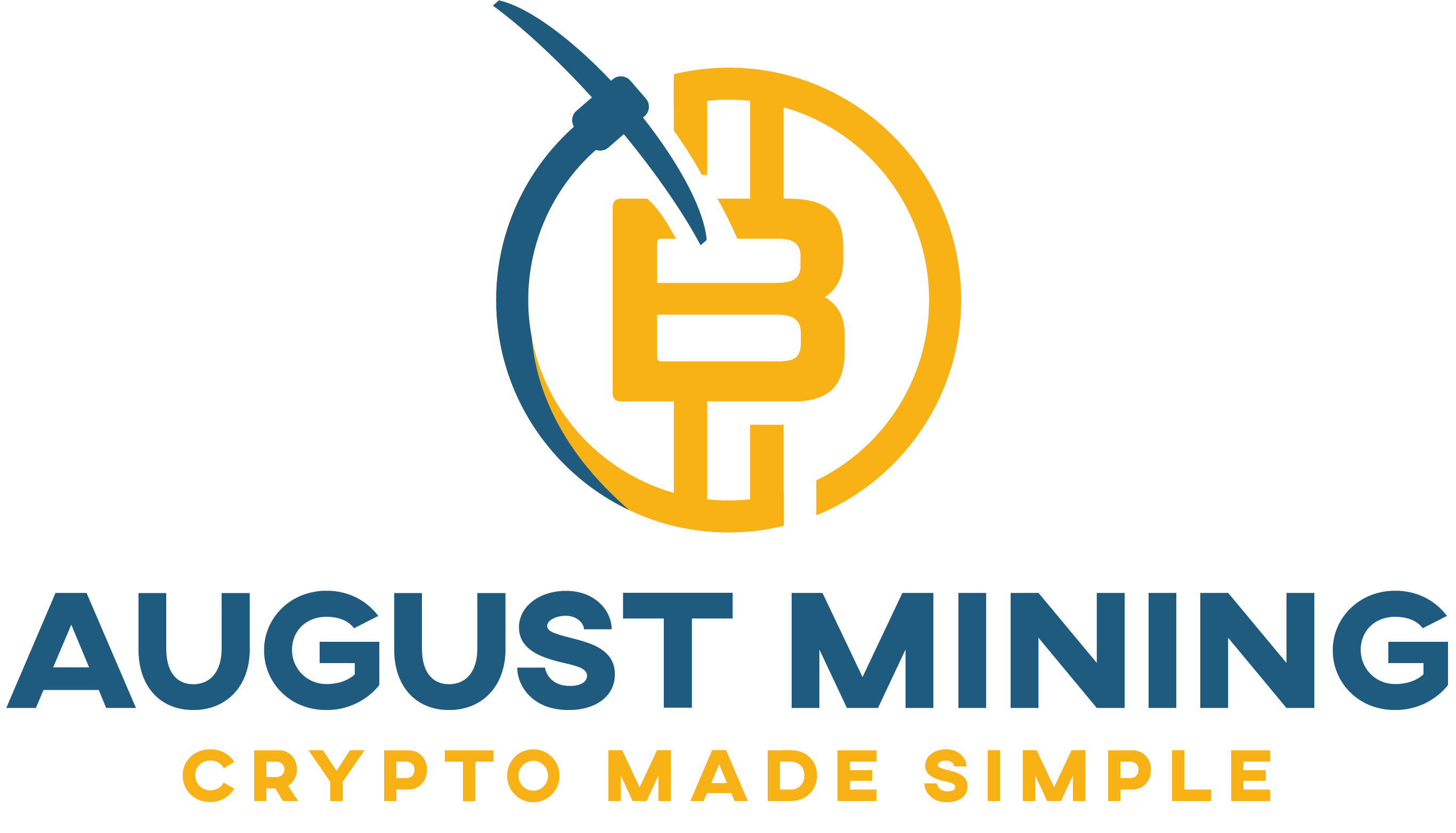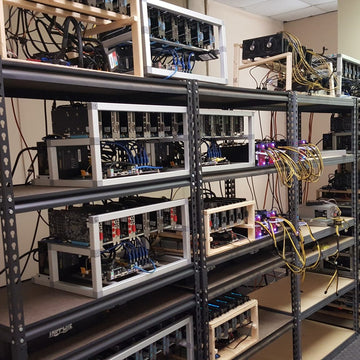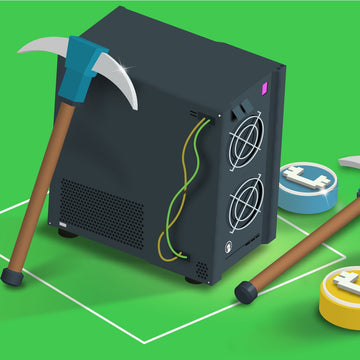Bitcoin transactions are digital transactions that use the cryptocurrency Bitcoin as their medium of exchange. Transactions are verified by network nodes through cryptography and recorded in a public dispersed ledger called a blockchain. Bitcoin transactions are not reversible, so once a transaction is made, it cannot be undone.
Bitcoin transactions are made up of inputs and outputs. Inputs are the addresses that send the bitcoins, while outputs are the addresses that receive the bitcoins. A single transaction can have multiple inputs and outputs.
To make a Bitcoin transaction, the sender must have a Bitcoin address, which is a public key that corresponds to a private key. The private key is used to sign the transaction and prove that the sender owns the bitcoins being sent. The transaction is then broadcast to the network, where network nodes verify it and record it in the blockchain.
Transaction Inputs and Outputs
Inputs are the addresses that send the bitcoins. To make a Bitcoin transaction, the sender needs to have a Bitcoin address, which is a public key that corresponds to a private key. The private key is used to sign the transaction and prove that the sender owns the bitcoins being sent.
Outputs are the addresses that receive the bitcoins. A Bitcoin transaction can have multiple outputs, each of which goes to a different address.
Bitcoin transactions have fees attached to them to incentivize miners to verify and confirm them. Fees are paid by the sender and are based on the size of the transaction in bytes. Larger transactions have higher fees.
Broadcasting and Confirmation
When a Bitcoin transaction is created, it is broadcast to the Bitcoin network. Miners then compete to verify and confirm the transaction by adding it to the blockchain. The first miner to do so is rewarded with new bitcoins.
The time it takes for a transaction to be verified and confirmed by the Bitcoin network is called the "blockchain time." Transactions can take anywhere from a few minutes to an hour or more to be verified and confirmed.
Why Some Bitcoin Confirmations Take Too Long
The blockchain time is not always accurate. There are a few reasons for this.
First, blockchain time is average. Some blocks take less time to be confirmed than others.
Second, the number of transactions that can be verified and confirmed per second is limited by the Bitcoin network. This means that when the network is congested, a transaction can take longer to verify and confirm.
Third, the Bitcoin network is not always available. When the network is down, transactions cannot be verified and confirmed.
Additionally, the time it takes for a Bitcoin transaction to be verified and confirmed by the Bitcoin network is affected by several factors, including:
The Bottomline
Bitcoin transactions are a relatively new phenomenon, and there is still some confusion surrounding them. However, the basics are relatively simple: bitcoins are transferred between wallets, and each transaction is recorded on the blockchain. Because the blockchain is publicly accessible, anyone can view the details of any bitcoin transaction. However, the identities of the parties involved are anonymous, which adds a layer of privacy to the system.
Do you need help with bitcoin mining? August Mining Inc. is home for all mining rigs and mining solutions. We specialize in bulk orders and hobbyists. Get the best crypto mining solutions now.





